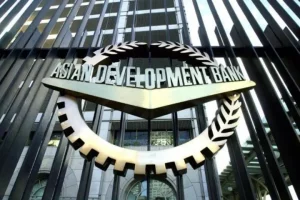Possible terror threats from the Tehreek -i-Taliban Pakistan (TTP) and Baloch Liberation Army will pose a serious challenge for the newly inducted Shehbaz Sharif government, as it tries to fix the rapidly sagging economic situation in the country.
On Tuesday, three Chinese nationals were killed in a suicide bombing carried out by a female Baloch bomber identified as Shari Baloch just outside the University of Karachi's Confucius Institute – the Chinese language teaching centre. Such terror attacks will severely affect inflow of foreign investments.
According to Beijing based newspaper Global Times, experts have said that given the capability and willingness, the BLA is the biggest suspect but the Pakistan Taliban, IS or the "East Turkistan Islamic Movement" could also be involved.
“For the Shehbaz Sharif government, the real threat will come from the TTP, which has asked people to support jihad. For the execution of the CPEC projects, the new government will have to ensure peace and stability,” Anil Trigunayat, Distinguished Fellow at Vivekananda International Foundation who earlier served as India’s ambassador and told India Narrative. Recently, the TTP came out in support of jihad in Pakistan.
Experts told India Narrative that terror attacks would further slowdown economic activities within the country.
The incident took place in less than a year of the Dasu attack—on July 14, which left nine Chinese nationals dead on their way to the Dasu hydropower project under the CPEC. The incident was carried out by the TTP also known as the Pakistani Taliban.
In 2022, the TTP’s violence will remain a major challenge for Pakistan, the United States Institute of Peace (USIP) in a report published in January said. In 2021, the militant group operating from bases in Afghanistan, and with a growing presence inside Pakistan, mounted an increasing number of attacks.
Qian Feng, director of the research department at the National Strategy Institute at Tsinghua University, told the Global Times that “the root cause of this terrorist attack is that the soil for the growth of terrorism and religious extremism in Pakistan has not been removed, and the environment in which terrorism thrives has always existed.”
Strongly condemning the attack, the Chinese foreign ministry underlined the need for Pakistan to crack down in terrorist organisations.
Also read: Baloch target Chinese again—first female suicide bomber kills three Chinese nationals in Karachi
After suicide bombing, China warns Pakistan—eliminate root causes to save CPEC




















